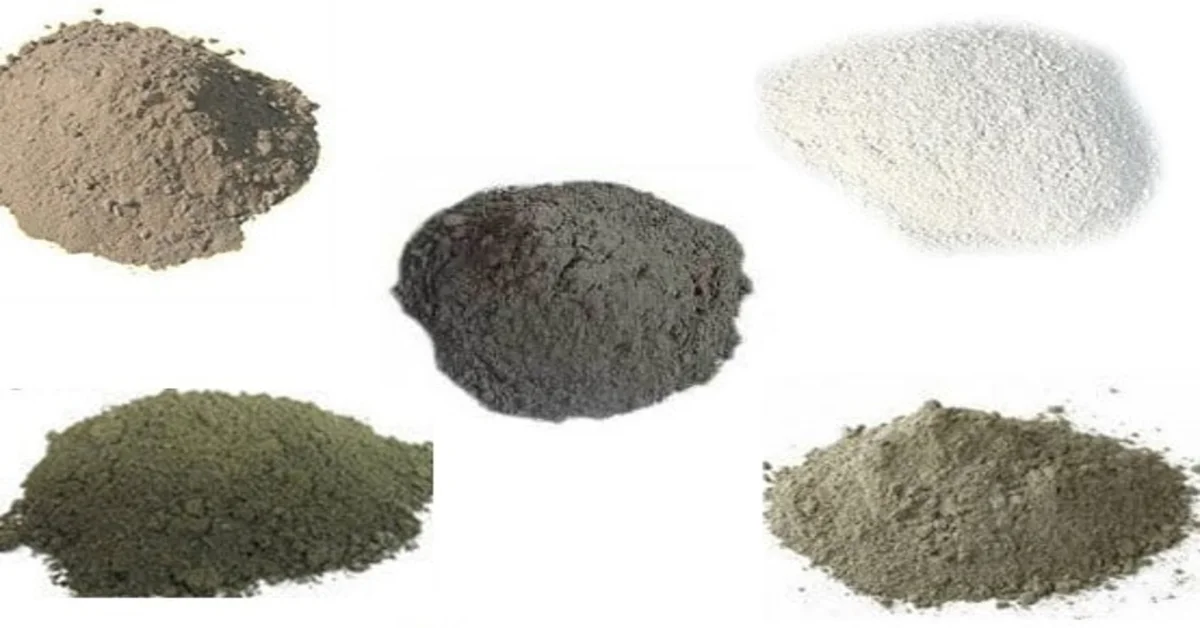The first step toward success is selecting the correct product for your construction project. Whether you’re trying your hand at masonry, fixing a driveway, or simply constructing foundations, choosing the appropriate mix and ratio is critical. We’ve put up this handy guide to help you do it correct the first time.
In the construction of your home, the element is employed in various methods. It is essential in Commercial Construction Calgary the house’s structure, from cement to mortar, among bricks. As a result, you must ensure that your contractor only employs high-quality materials from well-known manufacturers. You must get the best cement for home construction and ensure that it is used appropriately and in the proper manner.
What Exactly is Cement?
Cement is made from a combination of clay & limestone. This mixture is burned in a rotary kiln & pulverised also produces it. Cement does have cohesive and adhesive qualities, increasing the likelihood of bonding with bricks. These qualities contribute to the solid’s compactness.
Cement Types Used in Construction
There are around 15 different varieties of cement on the market. Depending on the components, each form of cement has benefits and applications. However, from our perspective, there are two types of cement: hydraulic and non-hydraulic concrete.
Hydraulic cement solidifies without water, but quasi-concrete does not. Instead, they utilize carbon dioxide from the atmosphere.
With that data on hand, we can examine the various varieties of cement on the market. The majority of types of cement fit into three categories:
- Cement from Portland
- Cement for masonry
- Cement mortar
Portland cement was most commonly used in the production of concrete. This cement is a cloud of crystalline dust composed of clay, iron, & reinforced limestone that may be utilised in some applications. Whether you’re paving a driveway, mending a wall, or building foundations for an addition, this potent bonding mixture will give strength and longevity.
Concrete Types
Concrete, as previously stated, is a mixture of cement, water, minerals, and chemicals. Fortunately, concrete is available in pre-mixed bags, so if you’re unsure of the ratios, many solutions can help you. If you want to make your own, use a good combination guide and measure accurately. High-strength, crack-resistant, & fast-setting concrete are the three most popular varieties.
What is the Best Cement for Our Construction Project?
Building a residence is a moment and physically demanding endeavor. Before beginning such a big project, years of personal finance and a full-proof plan are required. Everyone enjoys watching their home take shape piece by piece. They begin to see themselves inside the living room and how they would utilize it. Most homeowners nowadays pick cement as a construction material for their homes.
Cement’s versatility, durability, and toughness have given householders the confidence to use it. There is no questioning concrete’s strength. It’s a construction material that gets stronger with age. It is resistant to weather, erosion, and natural calamities. It requires minimal repairs and low upkeep, making it a sound investment.
How Do I Select the Best Construction Cement?
Cement is the bonding ingredient that holds everything together, just as bricks are the basic building block of any structure. Modern building is nearly impossible without cement, as you know. Different types of cement are required for various Radio Frequency Shielding activities. With so many different types and grades of cement on the market, it cannot be easy to make an educated choice.
When building your dream home, only use the best concrete to give you the required results. When selecting the best cement for construction, keep the following criteria in mind:
Quality of Cement
Making the appropriate pick in a marketplace is difficult when there are so many cement businesses. A solid rule of thumb for ensuring cement purity is to purchase from a well-known brand. A firm with a high market reputation and expertise will likely deliver the best cement goods. These brands make items consistent with their reputation and frequently offer high-quality products at a reasonable price.
Cement Curing
Curing concrete or cement entails maintaining it at the proper humidity and temperature after it has been set and poured. This is why building buildings in bright, warm, or hot weather is recommended so that drying occurs effectively and the temperature remains optimal.
Water is an integral part of the overall cure of the structure’s concrete to maintain optimum moisture level. It usually sets in 24 to 48 hours, but it needs at least 7 days to cure for a 50% stronger structure than uncured/untreated cement.
Packaging is also vital since cement loses quality if not stored correctly. You should select a provider that offers superior packaging that is moisture-resistant & tamper-proof.
Logistics and Availability
The final but not least significant aspect of the search for the most suitable cement is availability & logistics. Concrete is not a tiny or light material that may be readily transported from a long distance. For the consumer, concrete delivery to the worksite is an important issue.
The availability of the needed cement from a local dealer and its prompt delivery facilitates the construction process while also lowering expenses. Find out what brands and varieties are available at your local dealer and their prices.
Choosing the best cement for your building might be complex if you are unfamiliar with the fundamentals. Keeping the elements mentioned earlier in mind, you may make an educated choice and choose what best matches your needs.
Final Verdict
Now, selecting the appropriate cement is critical since it ensures the endurance of a building project. It will withstand environmental degradation while saving you money on future building expenditures. If you are planning to build your ideal property, you must choose the best material provider in your area.
A reputable company will be able can give you the highest quality cement as well as the most excellent service. Ordinary providers combine cement with external components. This mixing lowers the quality of the cement and is hazardous to the environment.



